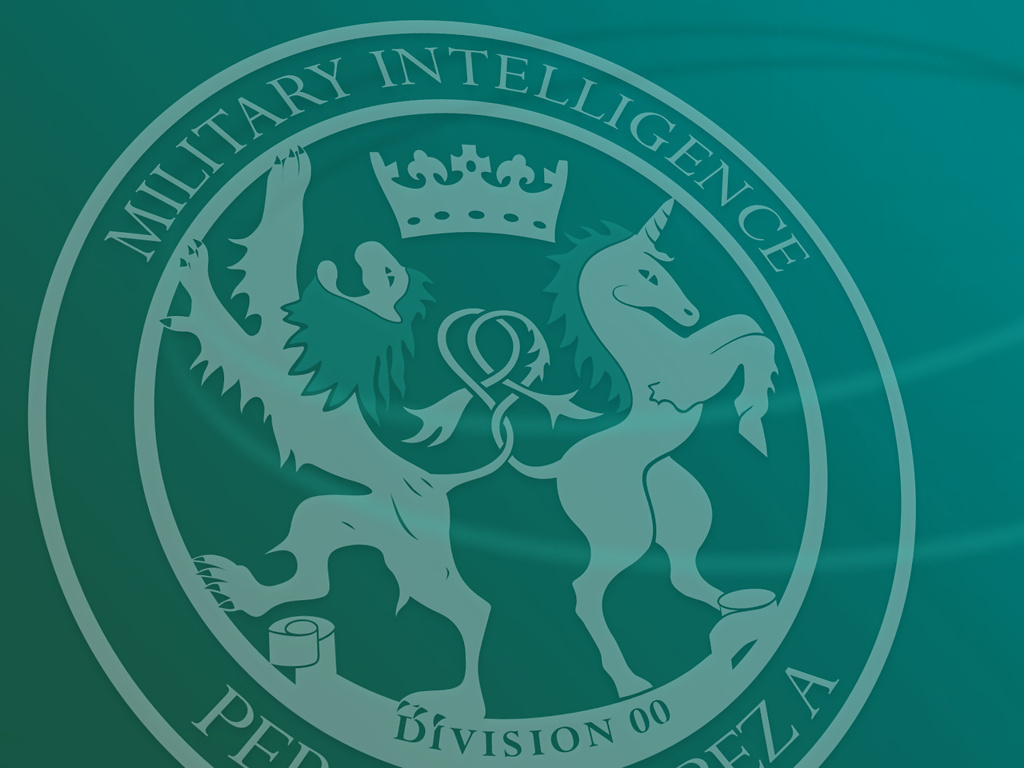Head of British Intelligence: We Don't Torture (But You Won't Find Out If We Do)
 I am not sure the main story is in the first paragraph of this article by Richard Norton-Taylor of The Guardian of London: the real stunner would have been if the head of MI6, Britain's foreign intelligence service, had announced that his officers were regularly waterboarding and breaking kneecaps.
I am not sure the main story is in the first paragraph of this article by Richard Norton-Taylor of The Guardian of London: the real stunner would have been if the head of MI6, Britain's foreign intelligence service, had announced that his officers were regularly waterboarding and breaking kneecaps.
In lieu of that, I think the real take-away here --- in the first public speech by an MI6 head in the agency's century of existence --- is the levels of barricades that Joh Sawer set up to prevent any exposure of MI6 activities.
In short, the unprecedented appearance was to push back against the pressure, as in the legal case of Binyam Mohamed, the UK resident abused on three continents, for British intelligence to comply with demands for information. That includes placing MI6 above the legal process: no court can be allowed, in Sawers' view, to have access to documents or testimony:
MI6 has declined to pass on information about individuals to foreign countries if it could lead to torture even though "terrorist activity" could be the end result, the head of the agency said.
Sir John Sawers, responding to persistent allegations of collusion in torture by the security and intelligence agencies, described the potential to save lives but said the risk of human rights abuse threw up "real, constant, operational dilemmas".
Sawers, also known as C, made it clear that in his view the courts should be prevented from disclosing any information from MI6, and specifically intelligence emanating from the CIA, his agency's close partner which has been embroiled in the torture allegations also.
In the first public speech given by a serving head of the MI6, in its 100-year history, he said: "Torture is illegal and abhorrent under any circumstances, and we have nothing whatsoever to do with it.
"If we know or believe action by us will lead to torture taking place, we're required by UK and international law to avoid that action. And we do, even though that allows the terrorist activity to go ahead."
Some may question that approach, he added, but it made MI6 "strive all the harder to find different ways, consistent with human rights, to get the outcome we want".
Sawers did not elaborate, and did not address the issue of intelligence received by his agency, as well as intelligence offered by it to foreign countries.
Counter-terrorism sources say it is not always clear in what circumstances intelligence originates; that it is rare for potentially significant intelligence to come from just one source; and that information gained from torture cannot be relied on.
"Sometimes there is no clear way forward," Sawers said. "The more finely balanced judgments have to be made by ministers themselves," he added, referring to new guidelines for MI6 and MI5 officers which make clearer the principle of ministerial accountability.
The Guardian understands that MI6 made as many as 500 submissions last year to the then foreign secretary, David Miliband, seeking authorisation for operations which otherwise might be unlawful or politically embarrassing if discovered.
"We can't do our job if we work only with friendly democracies," Sawers said. "Dangerous threats usually come from dangerous people in dangerous places. We have to deal with the world as it is."
He said he welcomed the inquiry under Sir Peter Gibson, the intelligence services commissioner and a former appeal court judge, into allegations or evidence that MI5 and MI6 colluded in the torture and inhuman treatment of unlawfully detained terror suspects. These include the case of Binyam Mohamed, an Ethiopian-born UK resident held incommunicado in Pakistan before being tortured in Morocco and secretly rendered by the CIA to Guantánamo Bay. The US this year responded furiously to a decision by the appeal court to disclose a brief summary of CIA information given to MI6 about the case.
Sawers reflected on MI6's concern about the apparent breach of the "control principle", the concept whereby the agency which first obtained intelligence has the right to control how it is used. "If the control principle is not respected, the intelligence dries up," he said.
He also made it plain that MI6 wanted to prevent any court in future releasing any intelligence emanating from the agency. The government is currently attempting to prevent the disclosure of MI6 information in a civil suit brought by British nationals and residents held at Guantánamo.
He also mentioned a green paper the government was drawing up in response to concern expressed by MI6 and MI5. That paper is expected to propose new restrictions on what the courts can disclose.
Sawers, whose speech was televised live, emphasised the need to combat nuclear proliferation, singling out Iran, as an MI6 priority. He described MI6 as the "secret frontline of national security".
Reprieve, the legal charity representing Mohamed, said: "While no one disputes MI6's right to operational secrecy, the blanket use of 'national security' to cover up acts that are merely embarrassing is a clear abuse of this right. MI6 is not above the law, and transparency is key to the British judicial system."
Amnesty International's Kate Allen said: "Given the mounting evidence of UK complicity in human rights abuses overseas since 2001, including torture, it's surprising that the chief of MI6 can say that the UK has 'nothing to do with' torture."

 Friday, October 29, 2010 at 14:48
Friday, October 29, 2010 at 14:48
Reader Comments